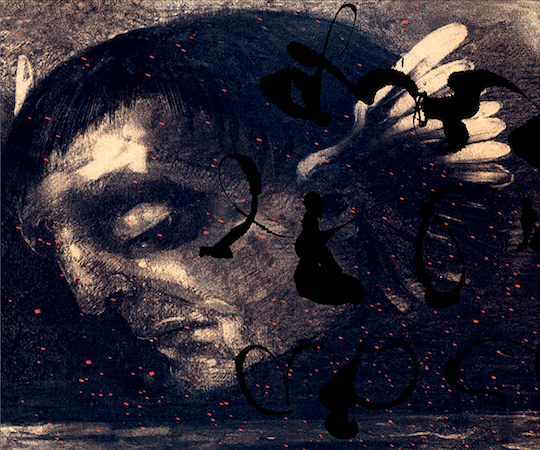It’s Friday and that can only mean one thing at Asymptote: reports of exciting developments in the world of literature. This week our focus falls on a diverse set of countries, including Tunisia, Hungary, and Hong Kong.
Jessie Stoolman, Editor-at-Large, reporting from Tunisia:
In just a few short weeks, the 34th edition of Tunis’s annual Book Fair will begin, where numerous prize winners will be announced, including the winner of the newly created Prize for Literary and Intellectual Creativity, or prix de la créativité littéraire et intellectuelle.
However, if you’re itching for activity now, don’t fret, there are numerous literary events taking place throughout Tunisia in the meantime, with a special focus on young writers and readers. Specifically, the 10th annual Festival of Storytelling, organized by the Tahar Haddad Cultural Association in Tunis, has already begun and will continue until March 25th. The festival is dedicated to preserving Tunisian oral traditions, as each day it presents a storyteller, or حكاوتي, who brings to life tales taken from regional oral literature. Similarly, the literary association “Above the Wall” (فوق السور), created for young writers, will host its 10th annual assembly on March 20th and 21st in Benzart, one of the northernmost cities in Tunisia.
Further south, in Sousse, on April 1st, the Book Lovers Association of Sousse will hold a discussion at Le Paradoxe, a local cultural café, to discuss the Tunisian writer and poet Shafiq Tariqi’s award-winning novel, Lavazza (لافازا,) which questions the full realization of the Tunisian revolution. In 2015, the novel was awarded a monetary prize for creativity by the journal, Culture Dubai (دبي الثقافة). READ MORE…


